Latest news
Search news stories
Enter a keyword to search news.
(In search of) The green premium: transaction level evidence of the sustainability advantage

WORKING PAPER 25 This paper examines whether environmentally sustainable products earn a green premium in international trade and how patent protection shapes this outcome. Using transaction-level export data for Italian firms matched with patent information from 2005–2019, the authors show that unpatented green products face market constraints: higher prices are offset by lower export volumes. In contrast, green products backed by patent protection achieve higher quantities and export values. The findings demonstrate that innovation enables firms to convert environmental attributes into stronger export performance.
Industrial Policy in the era of geopolitical fragmentation
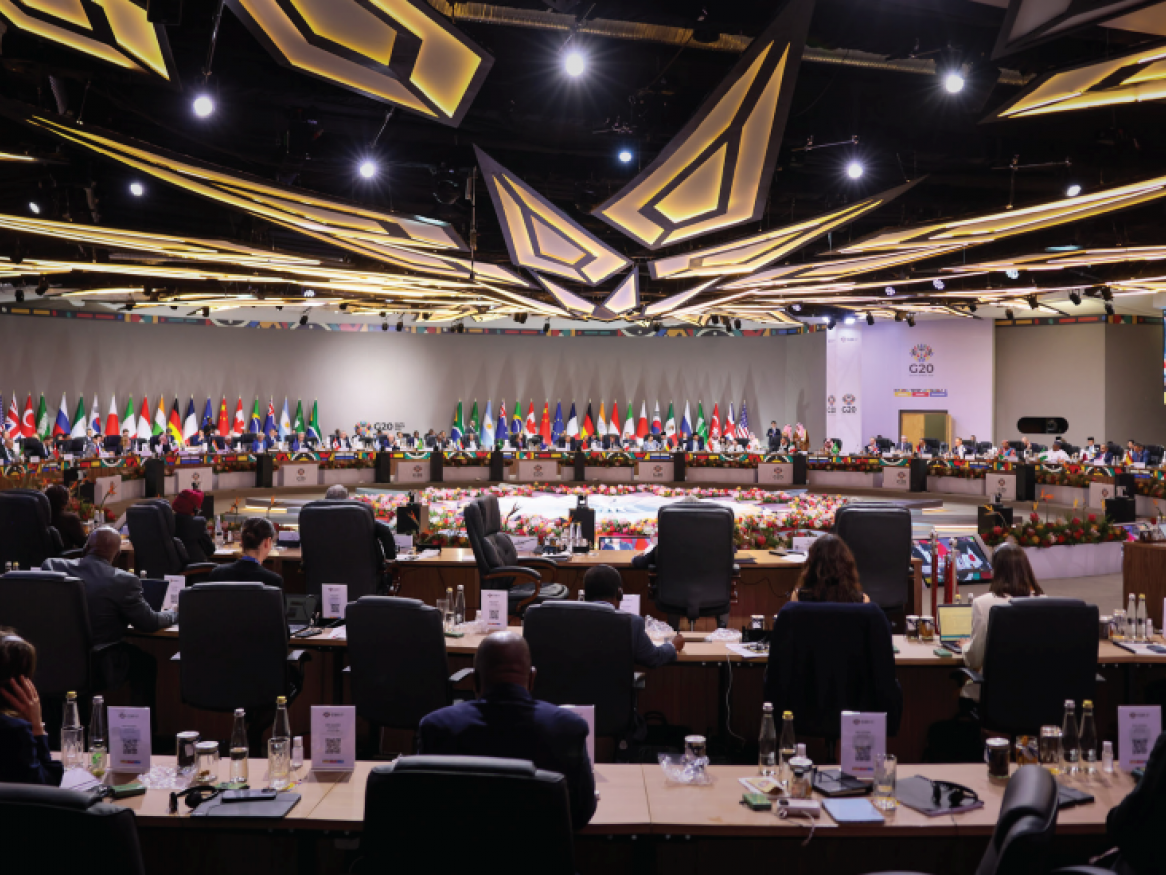
WORKING PAPER 27 Rising geopolitical tensions are reshaping global trade and industrial to advance strategic goals. This working paper examines what these shifts mean for emerging markets. Rather than choosing sides, the authors argue that successful emerging-market strategies lie in selective integration: maintaining openness with peers while deploying targeted, rules-based responses to distortions. The analysis highlights practical “do’s and don’ts” for trade and industrial policy in an era of geopolitical fragmentation
[Read more about Industrial Policy in the era of geopolitical fragmentation]
Export restrictions and trade in critical mineral green products for clean energy transition

WORKING PAPER 24
Our latest IIT Working Paper quantifies the economic impacts of export restrictions targeted at critical minerals trade. Costs are high, posing serious challenges to the global green transition. Global cooperation to address these mounting barriers is needed more than ever.
Framing Critical Minerals: Hybridising Economic, Environmental, and Security Objectives in EU Trade Discourse

WORKING PAPER 23:
Critical minerals now sit at the centre of EU trade discourse, where global sustainability goals, competitiveness, and supply-chain vulnerabilities intersect. The paper applies discursive institutionalism and introduces “framing hybridisation” to explain how the EU’s narrative evolved through external shocks, agency shifts, and stakeholder engagement. Using co-occurrence analysis and time-series mapping of DG Trade communications (1989–2025), it identifies a three-phase trajectory: an initial economic frame (liberalisation/competitiveness), a subsequent environmental frame (mining practices and the green transition), and, most recently, a security frame (reducing strategic dependencies and strengthening supply-chain resilience). Since 2020, these frames increasingly appear together, signalling a broader shift in EU trade policy under conditions of global uncertainty.
Road to Belém | Seminar Session Critical Minerals: Australia–EU Collaboration for the Green Transition

Wednesday 1st October, 2025 With COP30’s Action Agenda placing “Transitioning Energy, Industry and Transport” at centre stage, secure Australia-to-EU flows of critical minerals are vital to Europe’s net-zero rollout. The EU is deploying its Green Deal Industrial Plan, Net-Zero Industry Act and forthcoming Critical Raw Materials Act to meet surging demand, while Australia seeks to convert geological advantage into low-carbon value chains.
Road to Belém Briefing No. 1: Critical Minerals for the Net-Zero Transition

ROAD TO BELÉM BRIEFING No. 1 — Critical Minerals: Strategic Context and Policy Brief. COP30 places rapid renewable deployment and electrification at centre stage, sharply increasing demand for critical minerals used in batteries, wind, solar and grids. The system remains highly concentrated: for most minerals the top three producers account for over two-thirds of global output, and in several processing segments China exceeds 80-90%, creating systemic risk. The briefing frames three questions for Belém: how to diversify supply, uphold robust ESG in extraction and processing, and integrate critical minerals into a rules-based multilateral system that supports net-zero pathways. Policy levers assessed include CBAM (from 2026) and EUDR (from 2027) and their market-access implications, alongside concrete measures: embedding cooperation in trade commitments; joint strategic reserves; co-investment; transparency and digital traceability; and joint R&D on refining, recycling and substitution.
[Read more about Road to Belém Briefing No. 1: Critical Minerals for the Net-Zero Transition]
Increasing Unevenness in Trade-Related Sustainability Policy: The ASEAN Perspective
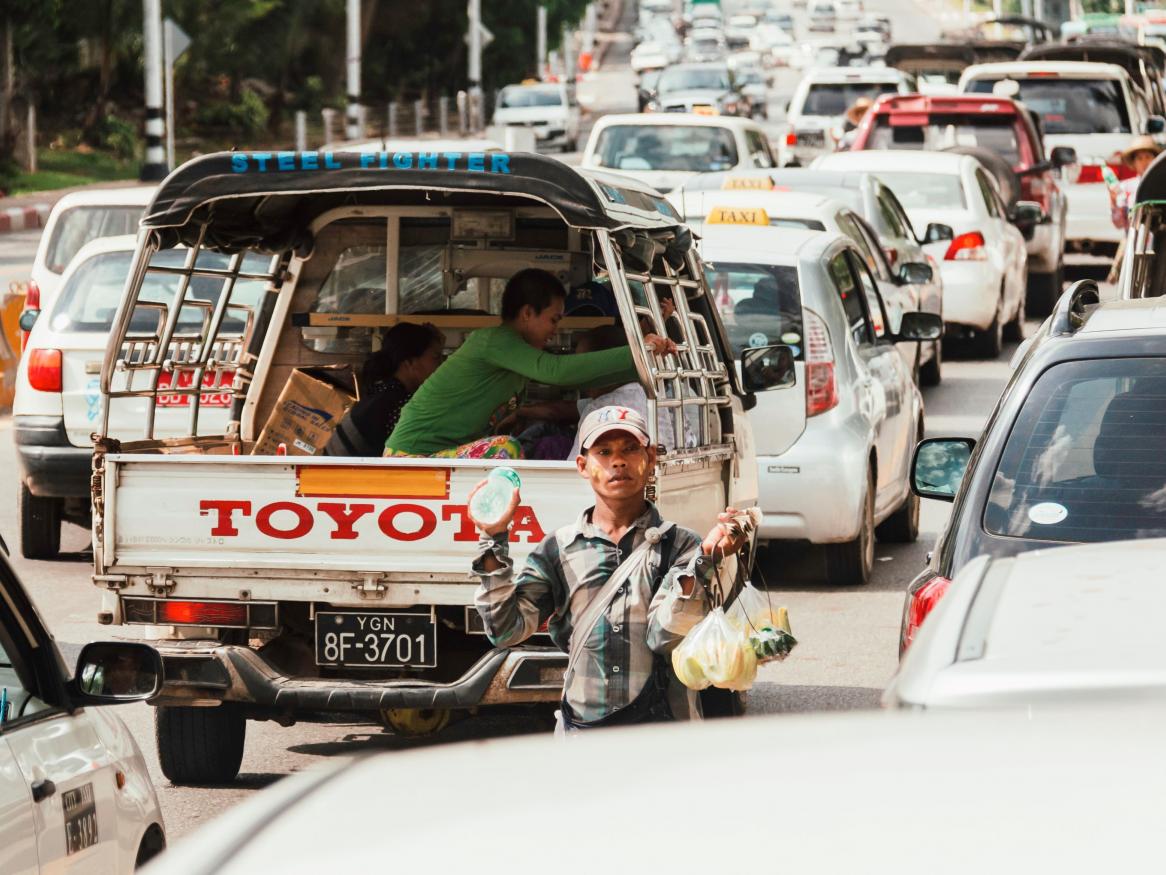
POLICY BRIEF No. 29 – Professor Göran Roos is Adjunct Professor at the Institute for Sustainability, Energy and Resources, University of Adelaide.
ASEAN countries are facing mounting pressure to align trade policy with emerging sustainability norms. While the global shift toward greener trade is accelerating—driven by the European Union’s Green Deal, the rise of carbon pricing, and private sector ESG demands—ASEAN’s policy response has been uneven. The disparity threatens to undermine regional competitiveness and fragment ASEAN’s vision of a cohesive market. The author argues that ASEAN must accelerate harmonisation efforts, strengthen regulatory capacity, and build flexible partnerships that allow member states to converge towards higher standards without sacrificing development goals. A coordinated response is critical to secure market access, attract investment, and position ASEAN as a credible player in sustainable trade.
ISER Promotion of EU Climate Policy Event
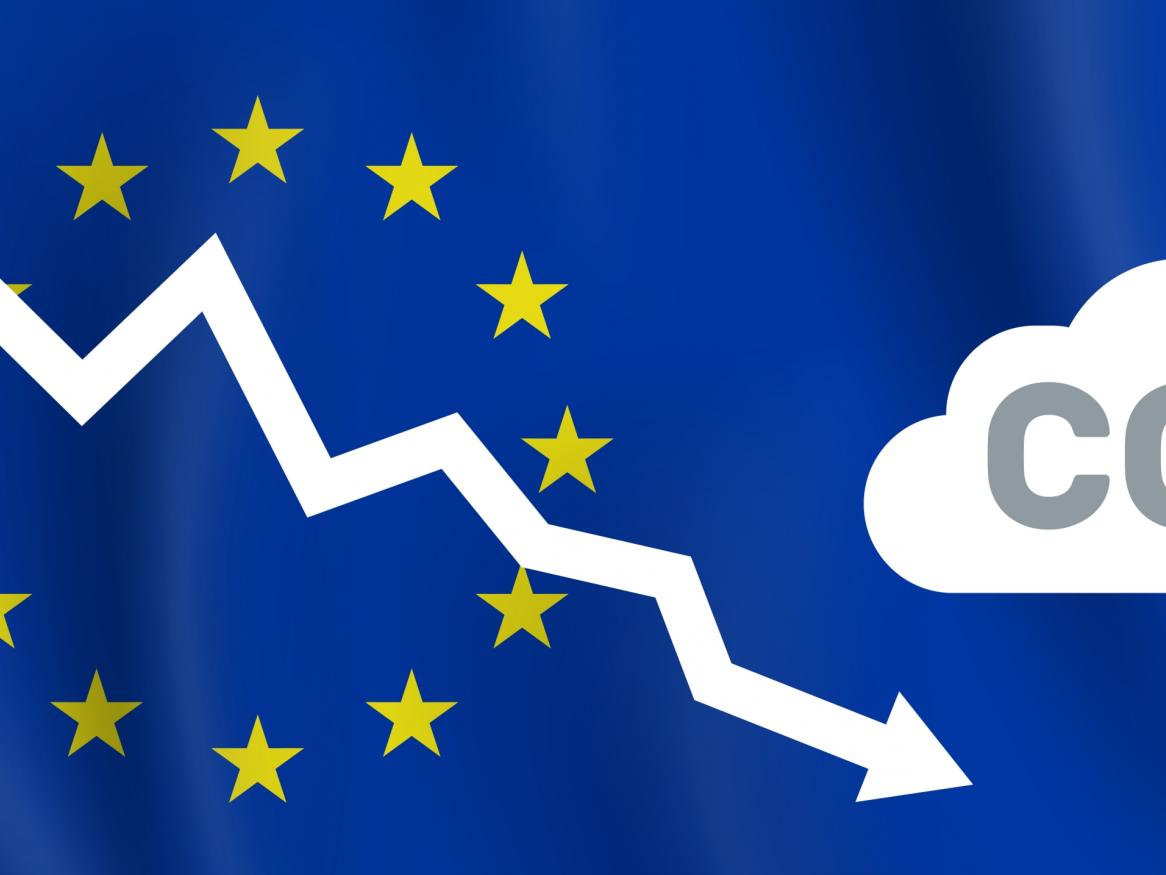
On Wednesday 21 May, the Institute for International Trade, the School of Economics and Public Policy, and the Jean Monnet Centre of Excellence in Trade and Environment welcomed Professor Hans Fehr (University of Würzburg) for an in-depth examination of the EU’s evolving climate architecture, moderated by Professor Peter Draper.
The EU Corporate Sustainability Due-Diligence Directive and China-EU Trade: Environmental Implications for the Chinese Electric-Vehicle Sector
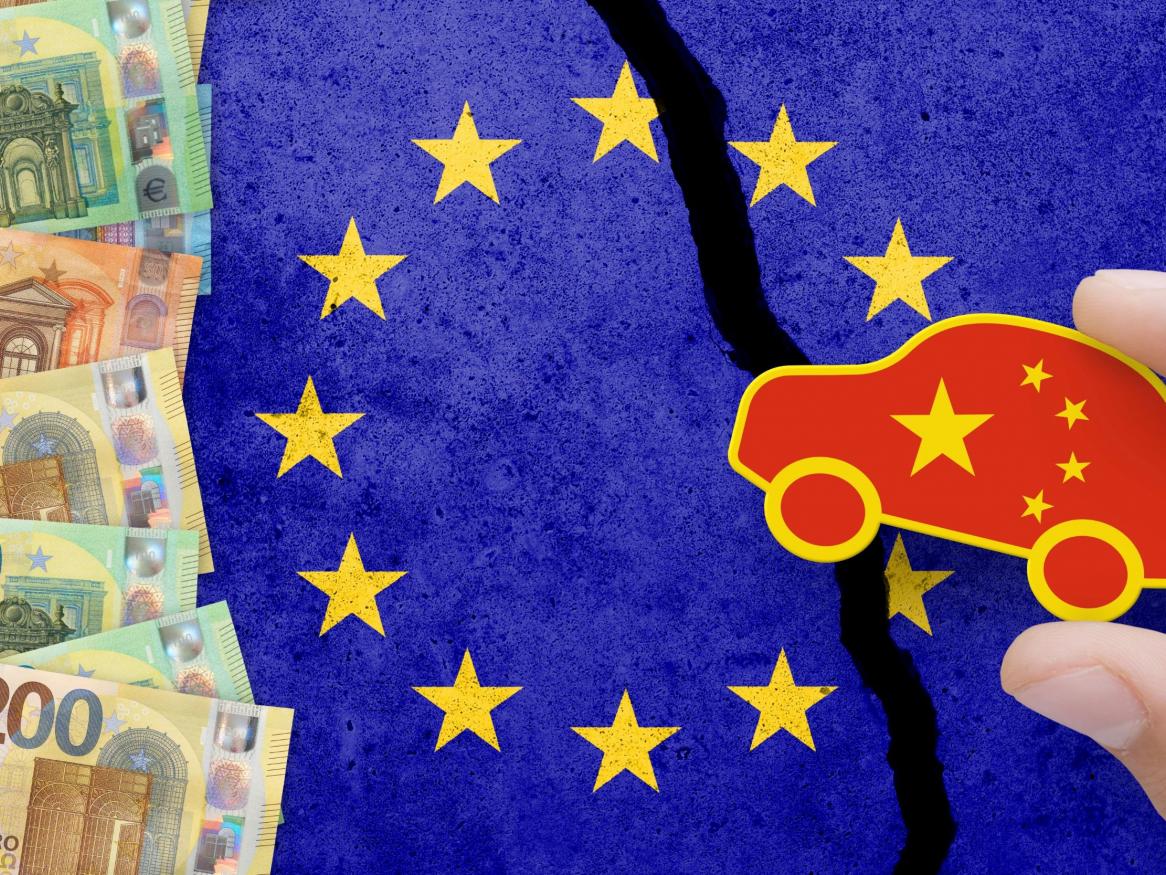
WORKING PAPER 22 - This working paper analyses how the EU Corporate Sustainability Due-Diligence Directive (CSDDD) will reshape China–EU trade, using the Chinese electric-vehicle (EV) industry as a sectoral lens. By translating voluntary ESG norms into hard-law obligations, the CSDDD extends stringent environmental standards along global value chains and aims to “level the playing field” for firms accessing the EU Single Market. The study traces the Directive’s legal evolution, compares it with China’s ESG framework, and models compliance scenarios for Chinese EV exporters. Findings indicate that while the Directive raises due-diligence and reporting costs—especially for complex battery supply chains—it also offers first-mover advantages to firms that align quickly with EU benchmarks. Competitive outcomes will depend on supply-chain transparency, technology upgrading, and the degree of regulatory convergence between Brussels and Beijing.
Countertrade in Modern Geoeconomics: A Study of Indonesia and the Eurasian Economic Union
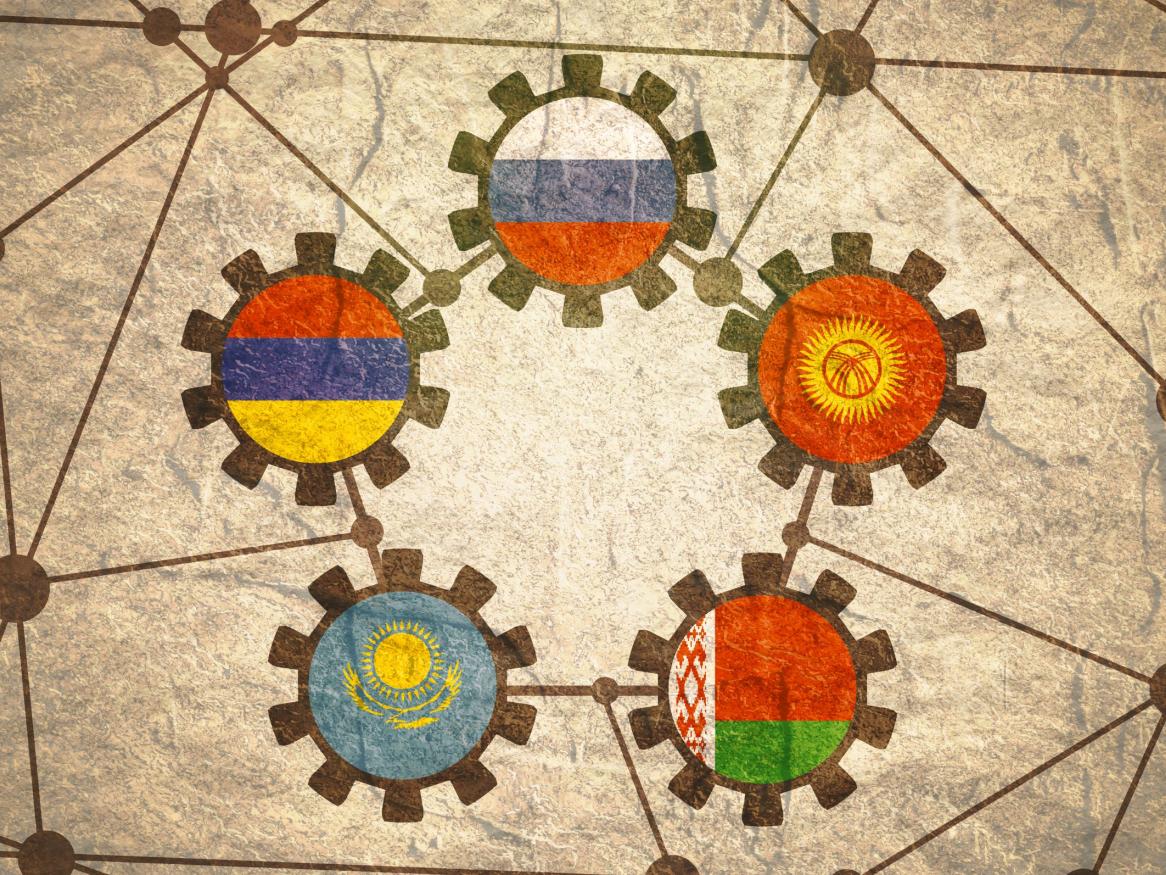
WORKING PAPER 21: This working paper examines the resurgence of countertrade—an exchange of goods and services without immediate monetary payment—as a strategic economic mechanism within modern geoeconomic contexts, specifically focusing on Indonesia and the Eurasian Economic Union (EAEU). Historically prominent during periods of economic isolation or liquidity constraints, countertrade is now re-emerging amid rising geopolitical tensions and financial uncertainties, serving as a tool for economic resilience and strategic autonomy. The paper investigates Indonesia’s past experiences with countertrade, primarily in defense procurement, and evaluates scenarios for potential future engagement under a proposed Indonesia-EAEU Free Trade Agreement. Using theoretical firm-level analysis, it distinguishes how different Indonesian firm categories—super-large conglomerates, large enterprises, and small and medium-sized enterprises (SMEs)—could benefit from or face challenges in adopting countertrade. Findings suggest that, despite theoretical benefits like reduced currency risk and strategic resource access, practical implementation is complex and cost-intensive, making it most suitable for larger, resource-rich firms capable of navigating these complexities.
This work is licensed under Commons Attribution-NonCommercial-NoDerivatives 4.0 International License.
IIT is a global leader in researching, analysing and commenting on International Trade.
Stay informed about our up-and-coming seminars, events, publications, awards, new projects and collaborations, and other exciting news.
